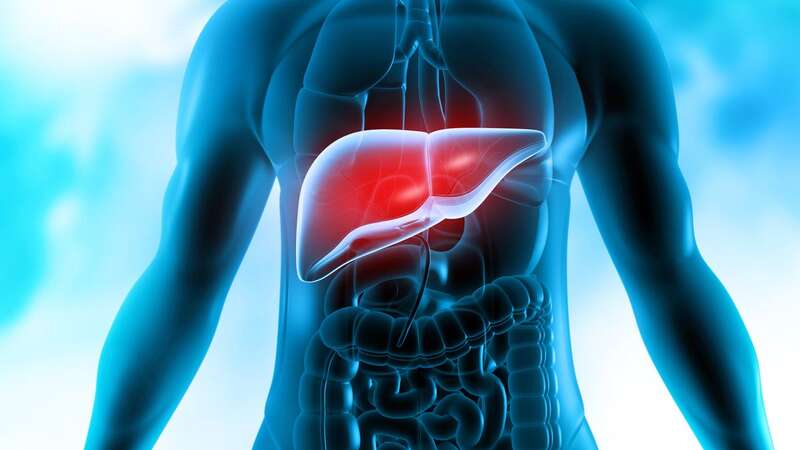
GPs should offer free liver checks to halt a tide of harmful drinking, a report says.
Booze-related deaths have surged since Covid but routine, five-minute tests to measure liver damage are not currently widely available on the NHS. A scanning scheme in Leicestershire this year found 18% of heavy drinkers had undiagnosed advanced liver fibrosis or cirrhosis – tissue thickening or scarring.
Julie Bass, of the charity Turning Point which carried out the scheme, said early detection of liver disease was key reducing behaviour related to alcohol. She said:“Alcohol causes significant and increasing harm to individuals, families and communities. The earlier we can identify liver disease, the earlier we can support individuals to reduce harmful behaviour related to alcohol.
“The scale of harm caused by alcohol suggests this issue should be a national priority.” Warning signs of drink-related liver disease, such as yellowing skin, can take years to develop. Alcohol-related deaths in 2021 hit a record 9,641, 7.4% up on 2020, and in a year cost the NHS £1.16billion in hospital admissions.
 Experts say drinkers should get five-minute test to measure liver damage (Getty Images/iStockphoto)
Experts say drinkers should get five-minute test to measure liver damage (Getty Images/iStockphoto)The new analysis by the health and care social enterprise that operates in 240 UK locations identified a £1.16 billion cost alone to the NHS from hospital admissions between 2021 and 2022. Deaths from liver disease alone have increased four-fold since the 1970s. Fibroscan tests are placed over the tummy by a medic and measure liver scarring or fibrosis in five minutes.
 Michelle Heaton shares shocking pictures from her battle with alcohol addiction
Michelle Heaton shares shocking pictures from her battle with alcohol addiction
Drug and alcohol treatment services already carry out these checks but they are not currently widely available on the NHS. A pilot scheme of fibroscan carried out by Turning Point this year in Leicestershire found 18% of heavy drinkers had either advanced liver fibrosis or cirrhosis.
Prof Sir Ian Gilmore, past president of the Royal College of Physicians, said: “This report lays bare the unacceptably high levels of harm we are facing from alcohol, the costs of which reverberate throughout the NHS and the wider economy. This is felt the most in areas already suffering with the highest levels of deprivation. The broader commissioning of liver checks could help reach people who at higher risk of harm but not yet engaged in treatment.”
Read more similar news:
Comments:
comments powered by Disqus
































